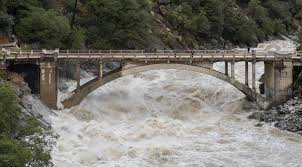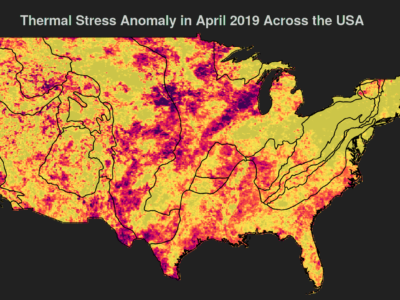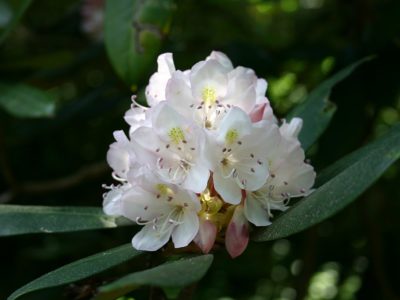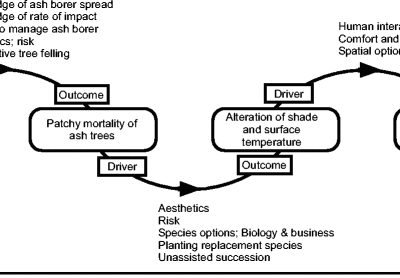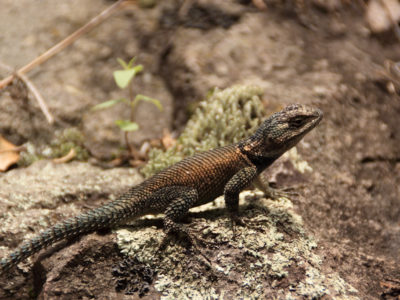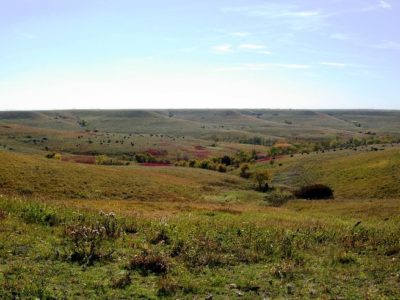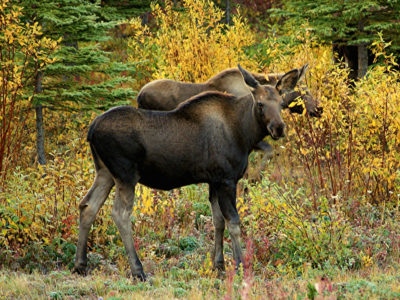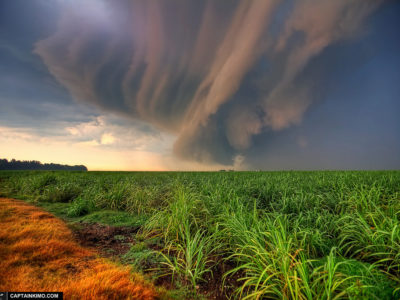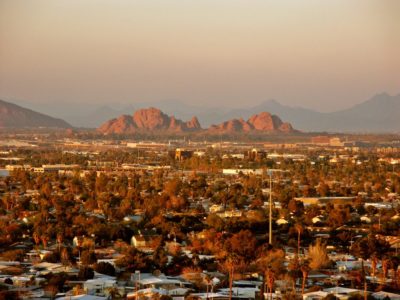Plant communities likely to be “vastly different” in the future
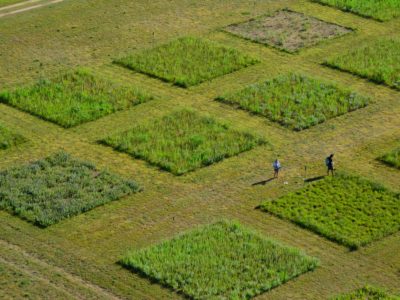
Farmers have known for centuries that fertilizer and irrigation help boost crop growth. But how does long-term application of fertilizer and water affect the composition of surrounding plant communities? In a study based at the Cedar Creek LTER, early signs suggest that added water and nutrients support the survival of new species and encourage more… Read more »

